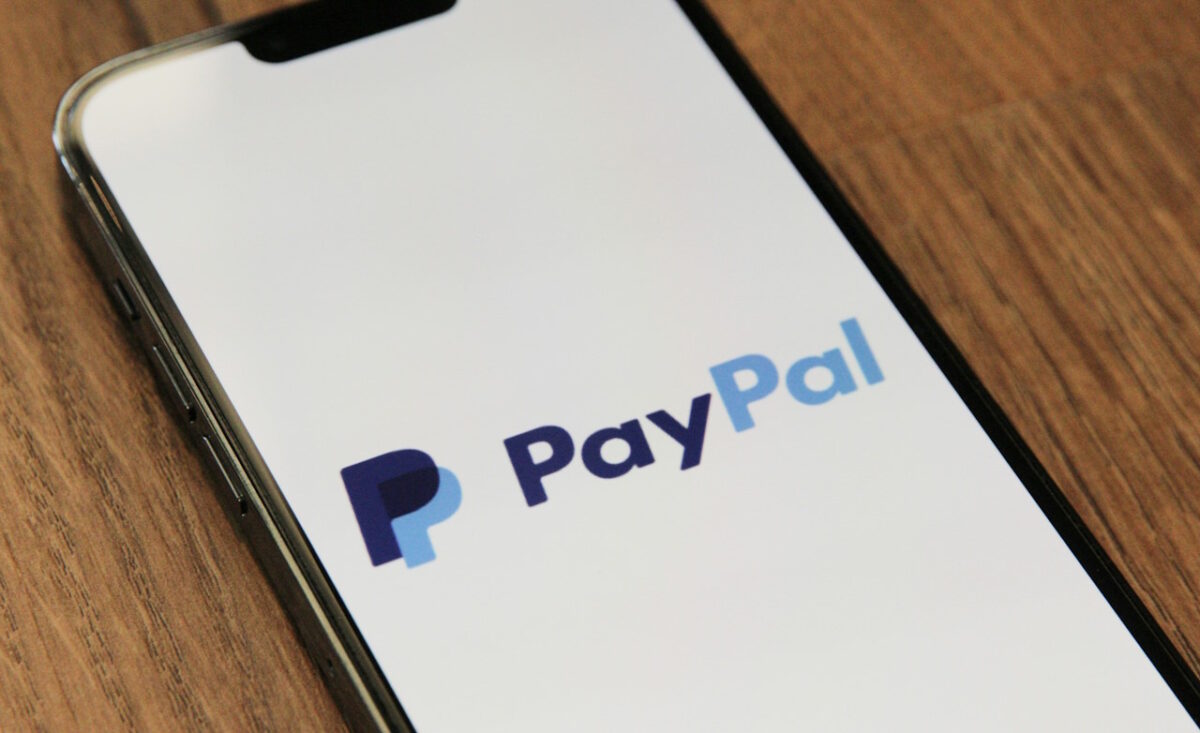NortonLifeLock and Avast Merger would create a new cyber security behemoth

Avast could soon become part of NortonLifeLock, provided that the shareholders of both companies and regulators approve the deal. The company announced plans for a mixed cash and stock merger on August 10, 2021.
Both security companies have a long history in the security field. Avast was founded in 1988 and managed to gain a considerable market share thanks to its free security offerings. The company acquired its competitor AVG in 2016 and CCleaner maker Piriform in 2017.
Symantec was founded in 1982. Part of the company was sold in 2019 to Broadcom, and NortonLifeLock would be the company for the non-Enterprise parts of the business. NortonLifeLock bought the security company Avira in 2020. Bullguard, another security company, joined Avira in 2021 to become part of NortonLifeLock as well.

The deal has been approved unanimously by the Board of Directors of both companies, and is subject to approval by the shareholders of Avast and NortonLifeLock. The deal is expected to close in mid-2022.
The boards of NortonLifeLock and Avast believe that the merger has compelling strategic and financial rationale and represents an attractive opportunity to create a new, industry-leading consumer Cyber Safety business, leveraging the established brands, technical expertise and innovation of both groups to deliver substantial benefits to consumers, shareholders, and other stakeholders.
The deal values Avast at about 8 Billion US Dollars. Avast Shareholders have two options, Majority Cash Option and Majority Stock Option, for each share that they hold.
NortonLifeLock CEO, Vincent Pillete, and NortonLifeLock CFO, Natalie Derse, will remain CEO and CFO of the company. Avast CEO Ondrej Vlcek will become a NortonLifeLock president and member of the board.
NortonLifeLock has more than 500 million users after the merger in the consumer space. The company owns several major antivirus and security companies if the deal passes, including Avast, Avira, Bullguard, Piriform and HideMyAss.
Closing Words
The merger creates a consumer security behemoth. On Windows, both companies have a combined market share of more than 25% of the entire market (as of 2020).
It is unclear at this point if some products will be merged into others, or if products will be sold after the merger completes.
Competitors do exist. Besides Microsoft, which has a distinct advantage as Windows Defender is included in Windows by default, there is ESET, McAfee, Kaspersky, BitDefender, WebRoot and others who all have a sizeable market share as well.
Now You: What is your take on the merger?


















Offtopic, but it looks like Luan Oliveira has been doing testing in production.
I see a lot of “Topic – Latest Posts” with missing images in the search results.
AVG and Avast have a reputation of bad behavior.
Avira was one of the few antivirus programs I still trusted.
If the merger goes ahead, they will all be owned by the same company.
This could mean Avira adopting the bad behavior of Avast and AVG, or that Avast and AVG will adopt the good behavior of Avira.
Time will tell.
Yet another reason why I prefer Linux/BSD.
With Windows, you have all of these proprietary programs scanning a proprietary Operating System and it’s just, IMO, sickening. And the cherry on top is you often have to PAY for these black boxed programs. Then you allow them rights to scan your whole drive? To often send suspicious files back to the proprietary mothership? You’ve got to be crazy.
A deal worth less than 1% of one of the BigTech giant’s market cap. BigTech is WayTooBigTech.
Avast gets a large chunk of its revenue from data brokering. AVG and Avira use Avast’s engine. Norton brought gigantic eyewear from the ’80’s forward to create today’s phone culture glasses, sell some bloatware thing and run fear mongering infomercials. Neither organization has contributed anything to me beside a rootkit from Avast free years ago; Kaspersky removed it, no more Avast anything thereafter.
Seems to me this has all become far less about security and far more about money.
Surprised there isn’t one of those “I don’t even use antivirus and I have been virus-free for years” comments yet…. lol
Honestly I really do not like Avast, both the company and their products. My company was an AVG reseller turned Avast reseller after the acquisition (was not my choice) and I really haven’t cared for them since day 1. We’re going to be switching this year and I’m pretty happy about it.
Regarding the merger, I guess it doesn’t really affect me so I don’t care that much, but if more antivirus brands get absorbed to the point where everything is owned by only a couple companies in a few years, I am not particularly thrilled at that prospect.
LifeLock is such an appropriate name, because they want to lock you into vendor lock-in, for life. They aren’t even trying to hide their agenda. Hidden in plain sight!
Haven’t used any of those products in 11 years.
Definitely security consolidation going on here, with those bowing out likely accepting lots of shares and options, etc.
Will NortonLifeLock be anything other than a traded security asset, what will it bring to the table that is not already out there?
I’m biased as I was burned once before by Norton products … will never install a norton product again.
.
Oh boy. A conglomerate comprised of shadiness and mediocrity. A lot of old names that are a shell of what they once were.
The European Commission should monitor and investigate anti-competitive practices, mergers and state aid to ensure a level playing field for EU companies, ensuring wide choice and fair prices for consumers.
So when the new formed company will be a 25 % share in the market I think there should be a investigation?
Do you know or there will be a investigation?
That’s BAD news. I can barely tolerate Avast Antivirus Free, but anything coming close to Norton (or Symantec for that matter) is a total NO for me. If this merger goes through, it’s bye bye Avast and I’m going for a paid Antivirus like Bitdefender Antivirus Plus.
Eset Nod32 AV has worked well for us on 6-8 computers for a few years now. Very small speed hit, stays in the background and does its thing. It does catch things, mostly adware, occasionally.
My advice is to avoid Internet Suites. Most have many redundant features to those already existing. They usually offer a firewall but Windows Firewall is sufficient for all but the most techy users. Easy to forget what you did where when similar functions exist in different places. An AV is all you need.
Agree on suites, but the Avast firewall is the Windows firewall – it just makes it trivially easy to create rules, as well as taking on a gatekeeper role in determining when stuff should be allowed or blocked, which you can override.
I have had excellent experience with Emsisoft product. Reasonable cost and full protection. I use it along with other browser measures. No issues in spite of visiting some questionable sites.
The article relates to big tech merger. The relevance of Emsisoft to the article escapes me.
Yet another step downward for Avast.